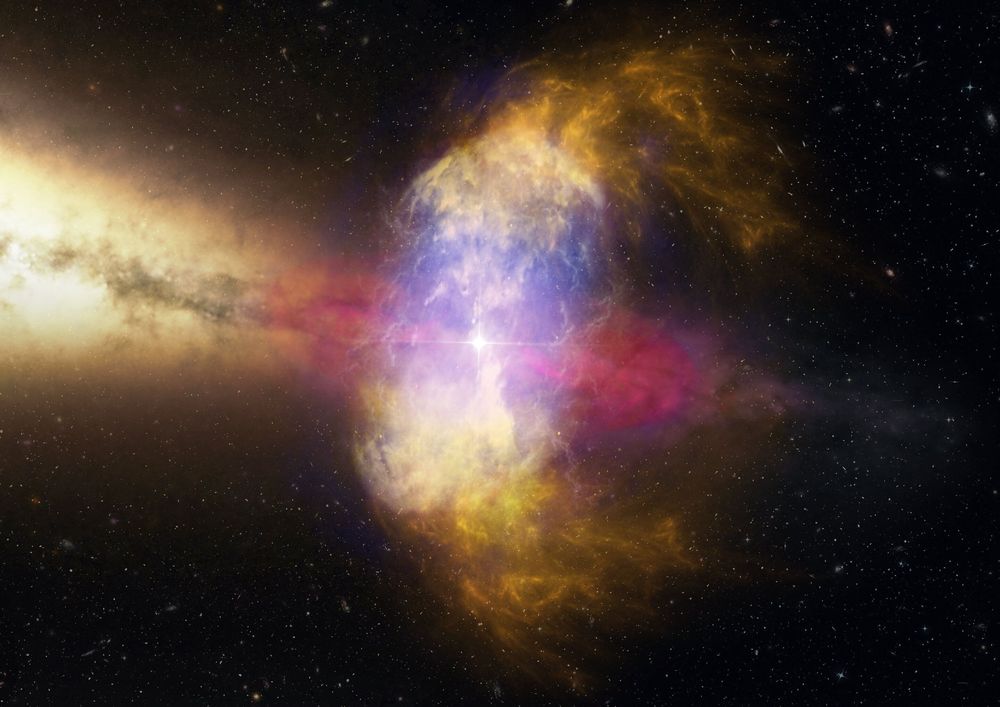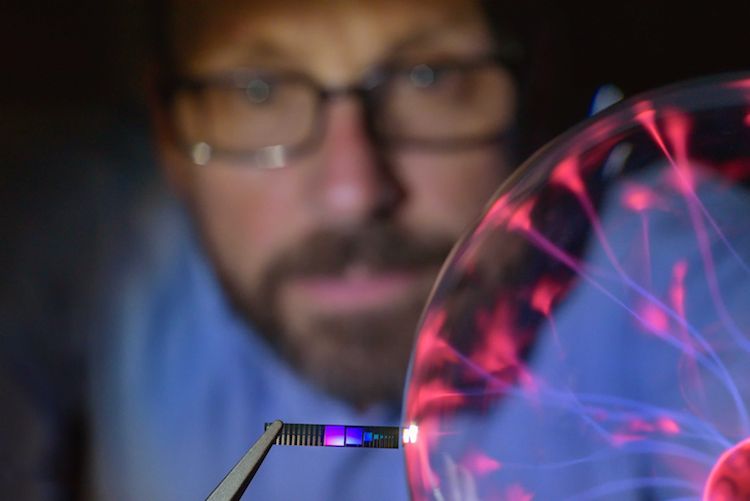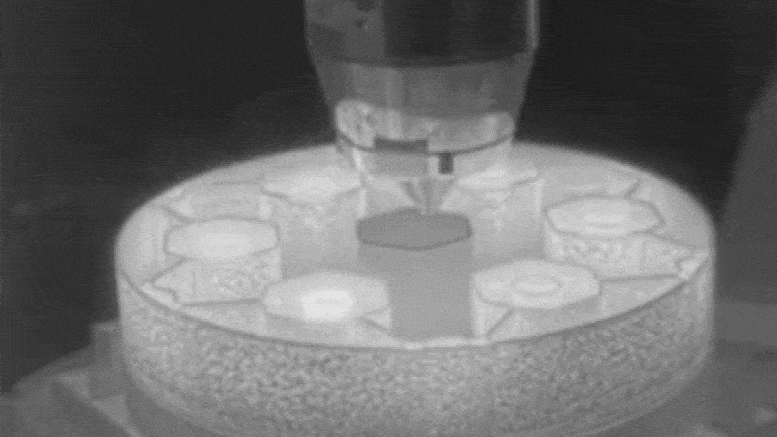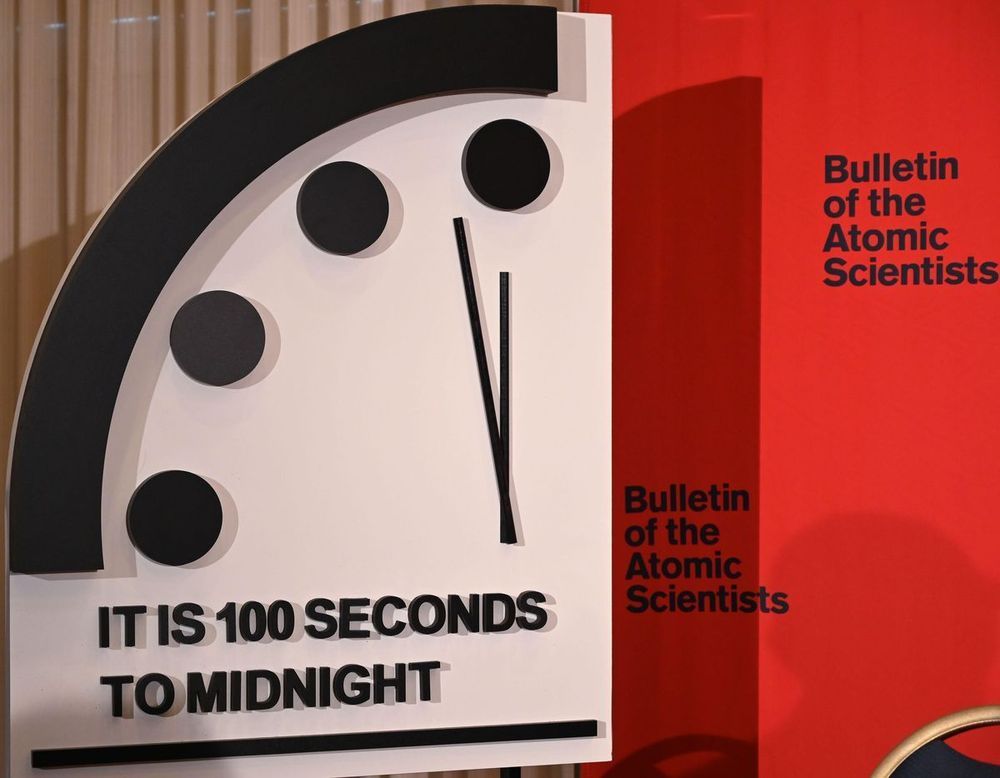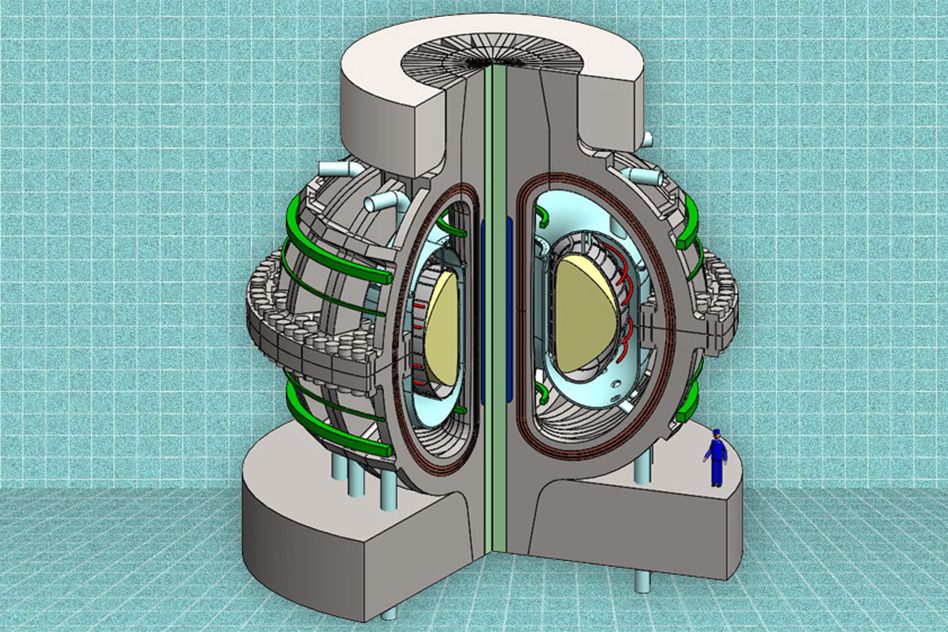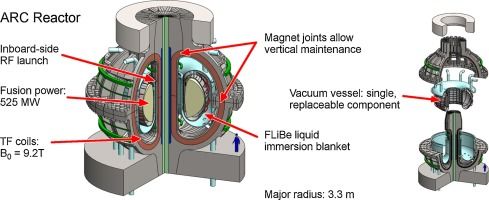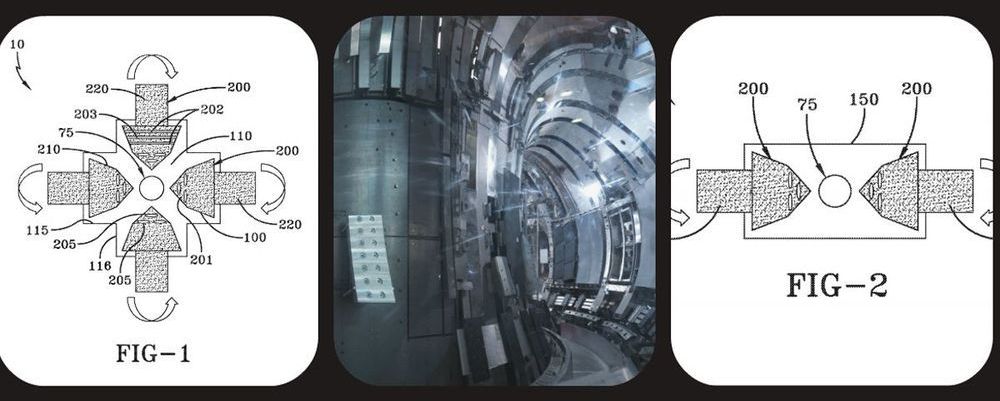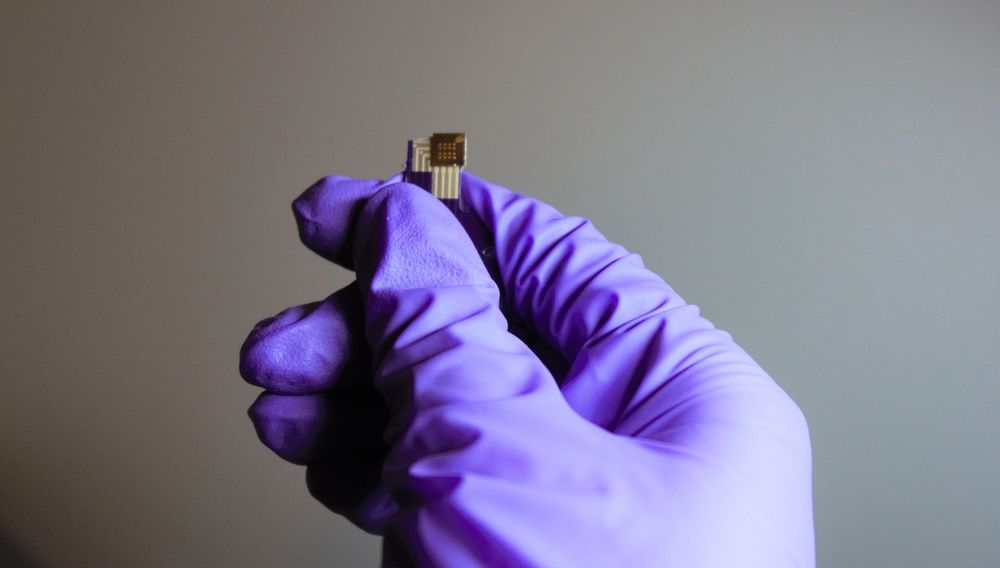A team of scientists, including Chief Investigator Ilya Mandel from the ARC Centre of Excellence for Gravitational Wave Discovery (OzGrav) at Monash University, recently studied what happens to rotating massive stars when they reach the end of their lives.
Stars produce energy by fusing lighter elements into heavier ones in their core: hydrogen into helium, then helium into carbon, oxygen, and so on, up to iron. The energy produced by this nuclear fusion also provides pressure support inside the star, which balances the force of gravity and allows the star to remain in equilibrium.
This process stops at iron. Beyond iron, energy is required to sustain fusion rather than being released by fusion. A heavy iron star core contracts under gravity, creating a neutron star, or if it is heavy enough, a black hole. Meanwhile, the outer layers of the star explode in a brilliant flash, observable as a supernova. However, some massive stars seem to completely disappear without any explosion. Theories suggest that these massive stars completely collapse into black holes, but is that possible?
